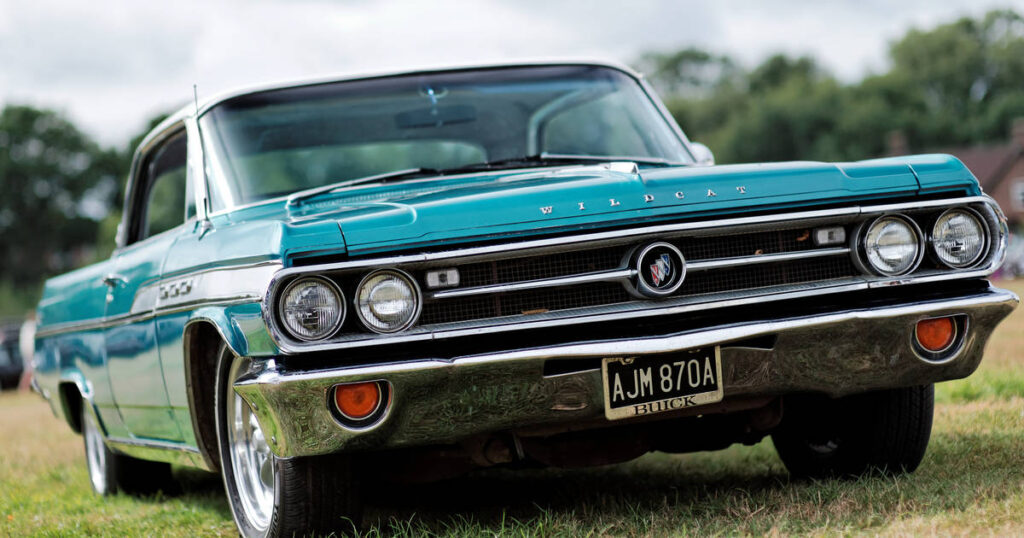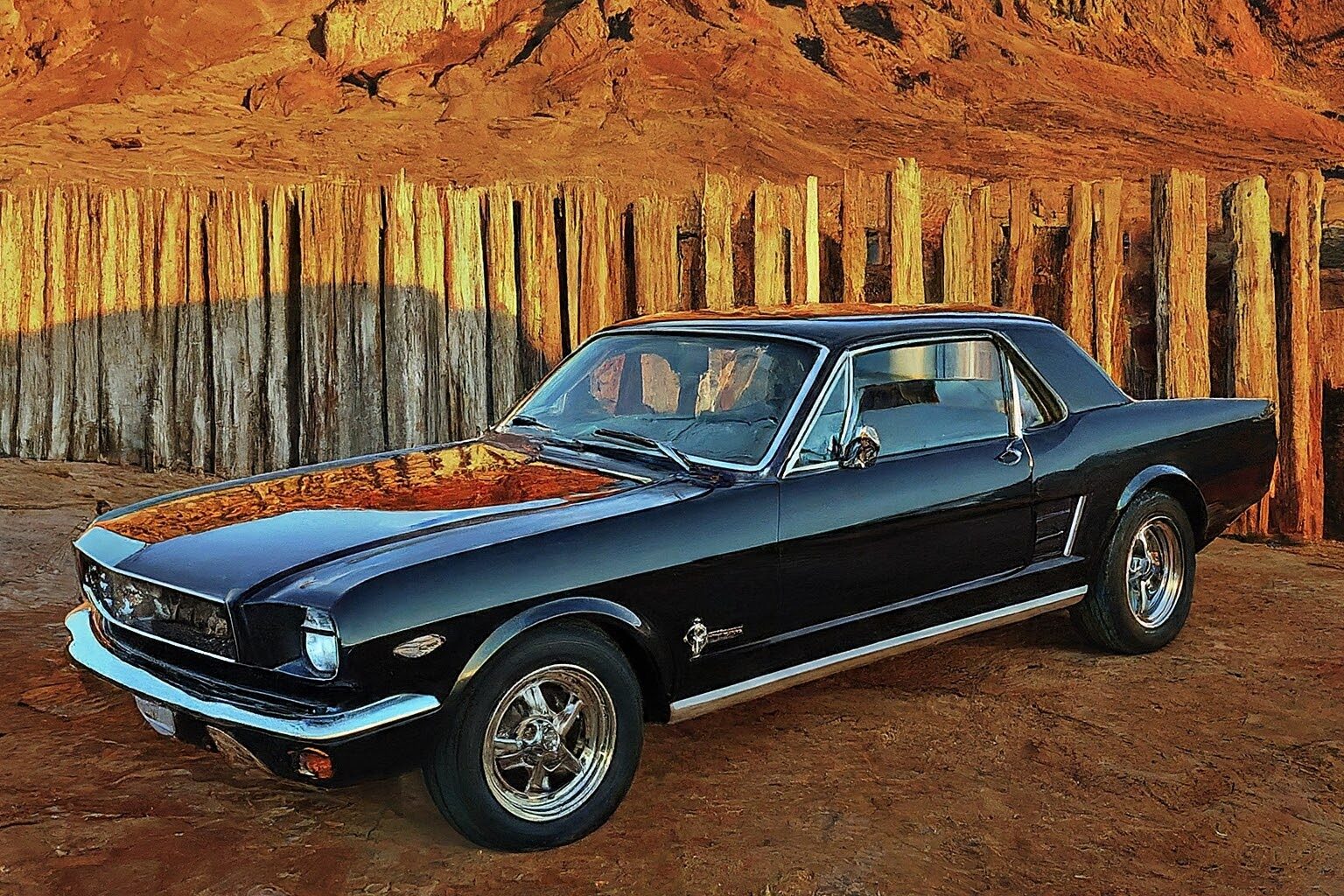Exploring the World of Classic Cars: What You Need to Know
Classic cars evoke a sense of nostalgia, elegance, and timeless beauty. Whether you’re a seasoned collector or a curious enthusiast, the world of classic cars offers something for everyone. From iconic designs to historical significance, classic cars are a testament to automotive engineering and artistry. In this article, we’ll explore what defines a classic car, the benefits of owning one, and how to get started in the world of classic car collecting.

Understanding Classic Cars
Classic cars are more than just old vehicles; they represent an era of innovation and craftsmanship. Typically, a classic car is defined by its age, historical significance, and unique design features. The specific criteria for what constitutes a classic car can vary, but generally, vehicles over 20 years old with collectible value fall into this category.
Characteristics of Classic Cars
- Age: Generally over 20 years old
- Design: Iconic and unique styling
- Rarity: Limited production or historical importance
- Value: Appreciates over time, often seen as an investment
Benefits of Owning a Classic Car
Owning a classic car can be a rewarding experience, offering both personal satisfaction and potential financial benefits.
Personal Enjoyment
- Aesthetic Appeal: Classic cars boast timeless beauty and intricate design details that stand out.
- Driving Pleasure: Many classic car enthusiasts enjoy the unique driving experience and connection to the past.
Investment Potential
- Appreciating Asset: Classic cars can increase in value over time, making them a potential investment opportunity.
- Tangible Asset: Unlike stocks or bonds, classic cars are tangible and can be enjoyed while they appreciate.
How to Choose the Right Classic Car
Selecting the right classic car involves careful consideration of your preferences, budget, and intended use.
Factors to Consider
- Budget: Determine your budget for purchase, restoration, and maintenance.
- Purpose: Decide whether you want a show car, a weekend driver, or a restoration project.
- Research: Investigate the history, reputation, and market value of potential models.
Popular Classic Car Models
- Ford Mustang (1960s): Known for its iconic muscle car status.
- Chevrolet Corvette (1950s-1960s): Celebrated for its sleek design and performance.
- Volkswagen Beetle (1960s-1970s): Beloved for its quirky style and cultural impact.

Tips for Buying Classic Cars
Purchasing a classic car requires careful planning and due diligence to ensure you make a wise investment.
Steps to Take
- Inspect Thoroughly: Conduct a comprehensive inspection to assess the car’s condition.
- Check Documentation: Verify the vehicle’s history, ownership records, and authenticity.
- Consult Experts: Seek advice from classic car experts or join clubs for guidance.
Potential Pitfalls
- Hidden Costs: Be aware of potential restoration or maintenance expenses.
- Fraud Risks: Be cautious of scams or misrepresented vehicles.
Restoring and Maintaining Classic Cars
Restoration and maintenance are crucial aspects of classic car ownership, preserving the vehicle’s value and functionality.
Restoration Tips
- Original Parts: Whenever possible, use original or authentic parts to maintain the car’s integrity.
- Professional Services: Consider hiring experienced professionals for complex restoration work.
Maintenance Practices
- Regular Cleaning: Keep the car clean and free from rust or corrosion.
- Proper Storage: Store the vehicle in a controlled environment to protect it from the elements.

Insurance and Legal Considerations
Proper insurance and understanding legal requirements are essential for protecting your classic car investment.
Insurance Options
- Classic Car Insurance: Specialized policies that consider the car’s value and usage.
- Agreed Value Coverage: Ensures compensation based on an agreed-upon value rather than market depreciation.
Legal Aspects
- Registration Requirements: Comply with local regulations for registration and roadworthiness.
- Title Verification: Confirm that the car has a clear and legitimate title.
Joining Classic Car Communities
Connecting with fellow enthusiasts can enhance your classic car experience, providing support, resources, and camaraderie.
Benefits of Community Involvement
- Networking Opportunities: Meet other collectors and enthusiasts to share knowledge and experiences.
- Access to Events: Participate in car shows, rallies, and club meetings.
Ways to Connect
- Online Forums: Join online communities and social media groups dedicated to classic cars.
- Local Clubs: Seek out local classic car clubs for in-person interactions and events.
Conclusion
Exploring the world of classic cars offers a journey through automotive history, combining personal enjoyment with potential investment opportunities. Whether you’re drawn to the beauty, performance, or cultural significance of classic cars, understanding the intricacies of collecting and maintaining these vehicles is key to a fulfilling experience. By following the tips and strategies outlined in this article, you can embark on a rewarding journey into the world of classic car ownership.
FAQs
1. What qualifies a car as a classic car?
A classic car is typically over 20 years old, has collectible value, and features unique design or historical significance.
2. How do I find a reliable classic car dealer?
Research online reviews, ask for recommendations from classic car clubs, and consult with experts in the field.
3. What are the risks of buying a classic car?
Potential risks include hidden restoration costs, fraudulent sellers, and limited availability of original parts.
4. How can I increase the value of my classic car?
Proper maintenance, restoration with original parts, and participation in car shows can enhance a classic car’s value.
5. Is classic car insurance expensive?
Classic car insurance can be more affordable than regular insurance, as it often considers the car’s value and limited use.
